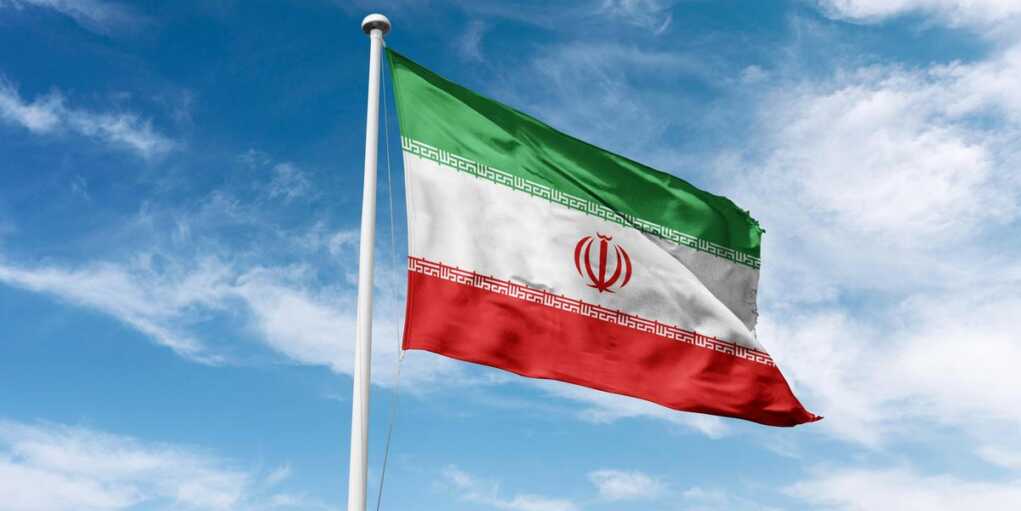Iran Gets Desperate—They Are Begging For Help

The balance of power in the Middle East appears to be shifting—and fast. Just days into Israel’s aggressive air campaign against Iran, new reports suggest Tehran is already seeking a way out, signaling to multiple governments that it wants to begin ceasefire talks. But Israel isn’t showing any sign of slowing down.
According to the Wall Street Journal, Iran is using Arab intermediaries to urge both the United States and Israel to step back from further escalation. Tehran’s message? It’s open to returning to the negotiating table on its nuclear program—so long as the U.S. does not join the offensive. At the same time, Iranian envoys have reportedly reached out to Israeli officials suggesting it’s in “everyone’s interest” to avoid a broader war.
The problem, of course, is timing.
Iran’s leadership is coming to the table now, not before the fighting started, but after Israeli jets have destroyed key military infrastructure, taken out top Revolutionary Guard officials, and crippled major components of the country’s nuclear facilities. The Israeli Air Force achieved air superiority over Tehran in just three days, and has since been striking with impunity.
This is not just a strategic victory—it’s psychological. Iran’s attempt to retaliate with missile barrages has been met with a combination of aerial interceptions and counterstrikes that have left Tehran with dwindling options. It’s clear the regime is feeling the pressure, and fast.
Some observers believe President Trump’s reputation for deal-making may offer Iran a narrow off-ramp. As one analyst noted, the regime is “desperately hoping” Trump will allow some form of negotiations to begin, even if only as a face-saving measure. But that same source added, “Israel should finish the job.”
And that’s where things get serious. Many on the right argue that stopping now—before Iran’s nuclear capacity is completely dismantled—would be a mistake. They say this is not the time to preserve the status quo. It’s an opportunity to decisively weaken one of the most dangerous regimes in the region without committing to a ground war or long-term occupation.
That sentiment has support in Tel Aviv. Israeli Prime Minister Benjamin Netanyahu was quick to shut down talk of diplomacy. When asked about renewed negotiations, Netanyahu responded bluntly: “Not interested.” He told ABC News that Israel’s actions are necessary to prevent nuclear catastrophe, calling Iran’s Supreme Leader Khamenei “a modern Hitler” and insisting that the time for talk is over.
The Trump administration, meanwhile, appears to be walking a fine line. Trump has said repeatedly that Iran must never be allowed to possess a nuclear weapon, and he has encouraged ICE and the Pentagon to prepare for all scenarios. Yet he hasn’t fully committed U.S. forces to offensive action—at least not yet.
For now, Israel is leading the charge, and by all appearances, doing so with the quiet backing of Washington. Whether or not the U.S. eventually joins more directly remains to be seen. What’s clearer is that this moment represents a rare convergence of opportunity and momentum.
Critics will point to the risks of escalation, but supporters argue that the alternative—allowing Iran to regroup and restart its nuclear program—is far worse. There is no appetite in either Jerusalem or Washington to repeat past mistakes, especially those made under prior administrations that pursued years of failed diplomacy.
Ultimately, the question isn’t whether Iran is asking for peace—it’s whether it truly wants it, or simply needs time to rebuild. For now, the Israeli government appears unwilling to pause the operation. As Netanyahu said plainly, “They want to keep building their nuclear weapons. That’s not going to happen.”
If Trump agrees, the next phase of this conflict may be less about negotiation—and more about total dismantling.
